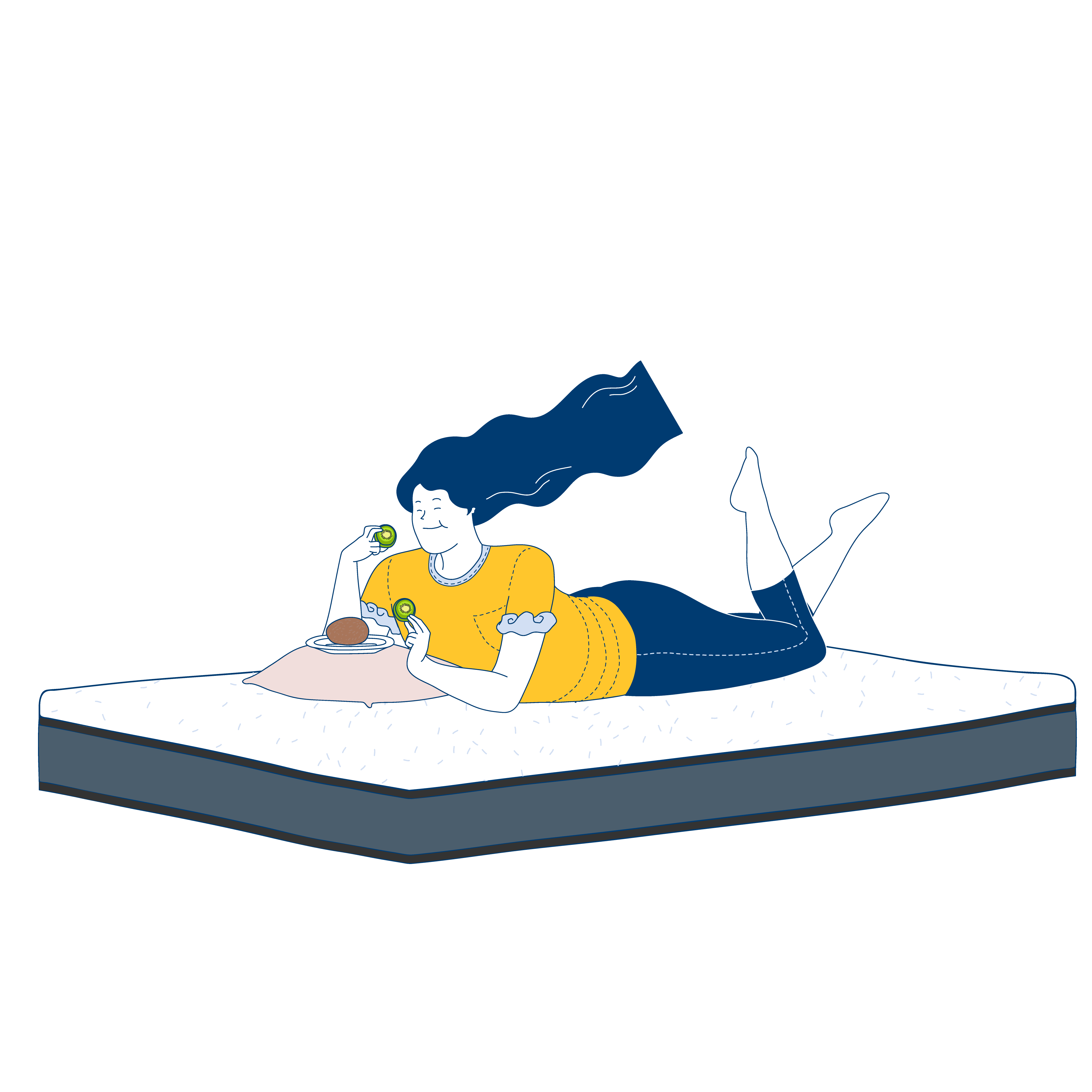What you eat and drink throughout the day can affect your sleep. For example, sugary foods can increase wakefulness at night. But did you know that some foods may improve your sleep? We asked Sonia Buxton, a Clinical Nutritionist, which three foods she recommends to improve your sleep.
What if I told you a late-night snack could help you sleep? Not every food will do the job, but there are a couple that science has shown may help you to fall asleep faster, and stay asleep longer.
There are a variety of reasons behind poor sleep onset or quality. The most common culprits are inflammation, stress, having a busy mind, and an imbalance of neurotransmitters such as serotonin and melatonin.
While mindfulness activities can work on the stress and busy mind side of things, and food can also play an important role. Interestingly the natural health properties within some of our everyday food and drink can dramatically improve sleep onset and duration. I have included my top three recommendations below.

First on the list is the not so humble Kiwi fruit.
Rich in serotonin and antioxidants, kiwis not only support your neurotransmitters but also play a role in reducing inflammation. A study involving 24 adults demonstrated the impact of consuming two kiwis 1 hour before bed for 4 weeks. Their conclusions revealed participants fell asleep over 40% faster at the end of the 4 weeks, and there were also improvements in night waking and sleep duration.
Second on our list of sleep-enhancing foods are Almonds.
Almonds are one of a number of nuts that are a good source of Melatonin and magnesium. Magnesium is known to promote quality sleep by reducing inflammation and relaxing restless muscles. Melatonin is the neurotransmitter responsible for switching your body into night mode. As the sun goes down and light levels drop, melatonin is released and begins a cascade of reactions involved in sleep onset. With this in mind, a handful of almonds in the evening will do wonders for relaxing muscles, reducing inflammation and promoting the transition into sleep.
My third suggestion is a hot cup of Chamomile tea to wash down the almonds. Chamomile tea contains a substance called apigenin, an antioxidant that works on certain receptors in your brain that may promote sleepiness.
While the science behind natural solutions like herbal tea and ‘food as medicine’ is not extensive, it is promising. The true advantages of all-natural solutions such as the ones mentioned above are availability, affordability and the fact that they are low to no risk.
Why not pop to the supermarket today and pick up natures solution to your sleep struggles.
About the Author
Sonia Buxton is a Clinical Nutritionist at Zoetic Health. After an initial career as a chef, her children’s food intolerances led her to pursue a career in nutritional medicine and a passion for supporting people to find their health and wellness answers.



